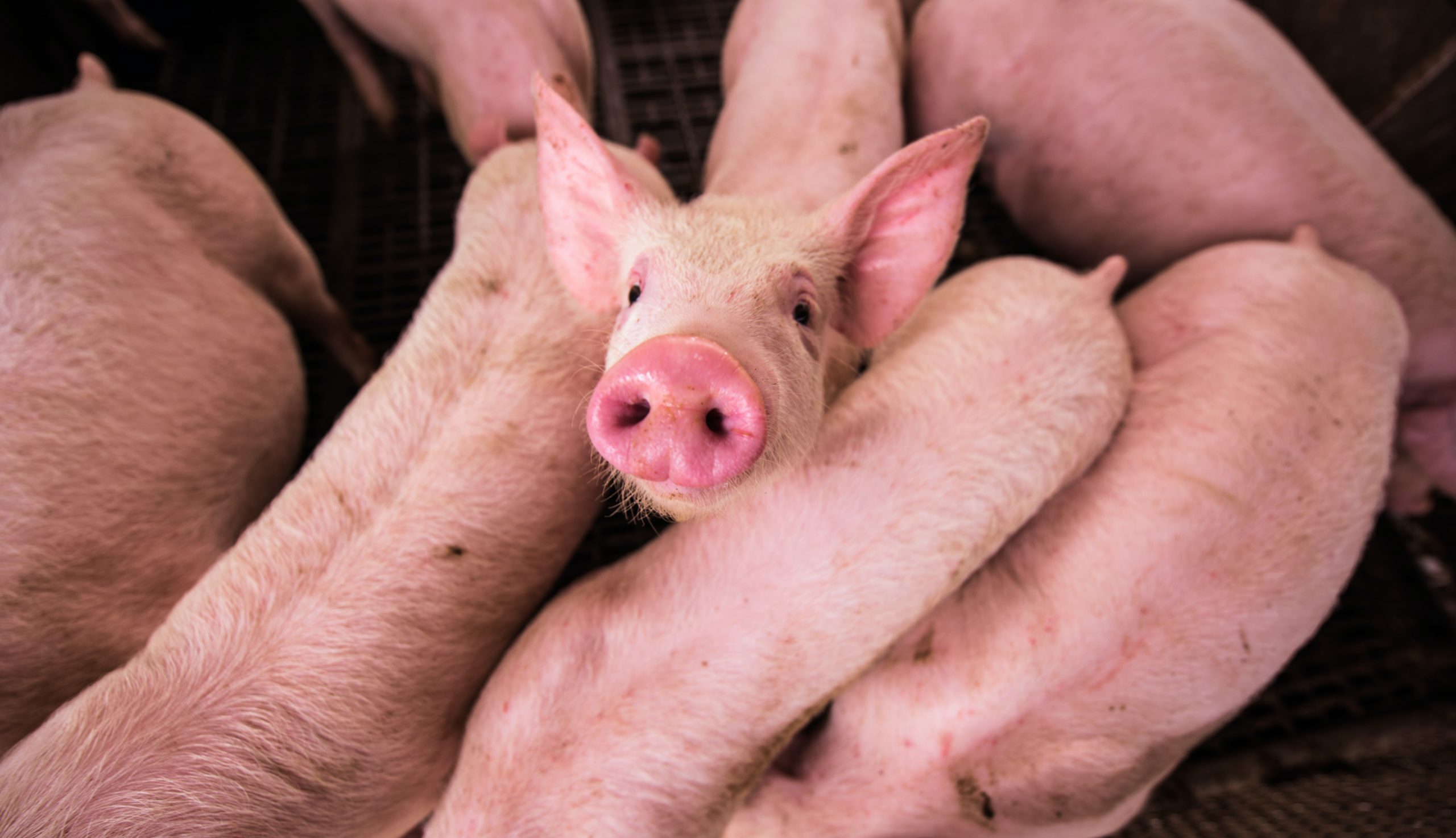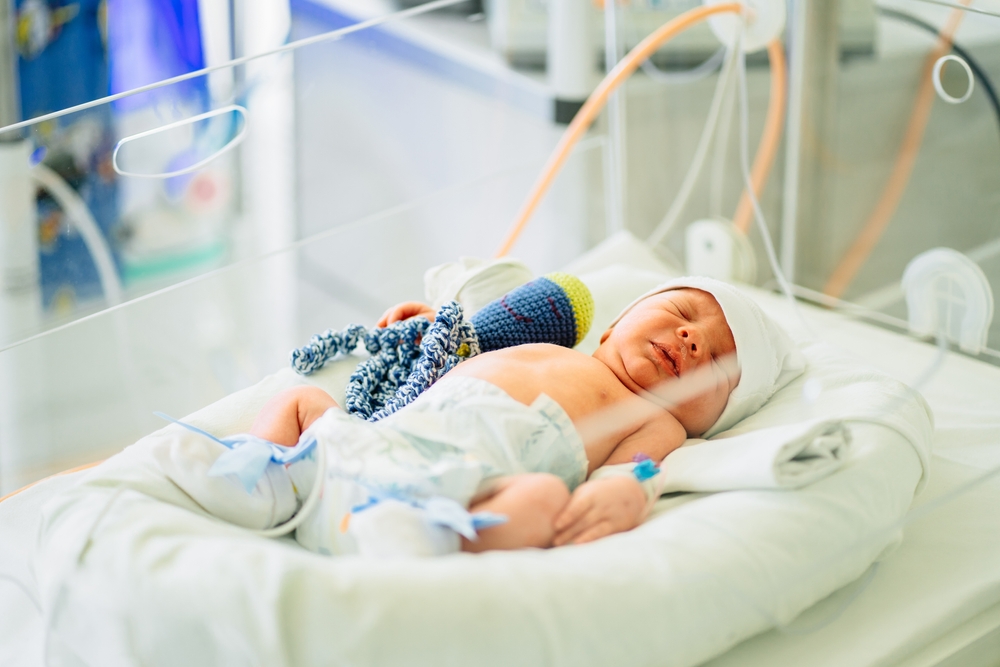Intestinal bacteria in farm animals have become less resistant to antibiotics in the last decade.
This is revealed by the so-called NethMap/MARAN report released by the Netherlands National Institute for Public Health and the Environment (RIVM), Wageningen Food Safety Research (WFSR), Wageningen Bioveterinary Research (WBVR) and Utrecht University (UU). These institutes are commissioned by the government to monitor antibiotic resistance in humans, animals and food.
Considerably less
The monitoring study indicates that the antibiotic resistance in intestinal bacteria an all farm animals dropped in the last decade. In broilers, the levels dropped to the lowest level since 1998. This matches the lowered use of antibiotics in these animals, which was 30 per cent lower in 2021 than in the previous year, data from the Authority for Veterinary Medicines show.
This agency reports a drop in sales and the use of antibiotics for farm animals across the board. Compared to the reference year 2009, the (then high) sales of antibiotics for farm animals dropped by 10.8 per cent in 2021. The stricter rules for antibiotics that are crucial in preventing infections in humans that were put in place in 2015 are partly responsible for this drop. Antibiotics of this kind may only be used in animals in exceptional cases.
Food infections
Antibiotic resistance in farm animals is monitored annually. The food and consumer authority NVWA takes samples of broilers, pigs and calves, which are then tested for antibiotics resistance by WBVR. ‘Within that monitoring programme, we study E. coli, Salmonella and Campylobacter-bacteria. These bacteria cause food infections and must thus be monitored for public health,’ says Kees Veldman, who works at WBVR as head of the National Reference Laboratory for Antibiotic Resistance in Animals.
Antibiotics research
Resistance to antibiotics is a global issue. This spring, Wageningen development biologists and German physicists mapped the various evolutionary routes of antibiotic resistance. Wageningen also does extensive research on new antibiotics to which bacteria have not yet become resistant.

 Broilers, pigs and calves are sampled for research. Photo Diego San via Unsplash
Broilers, pigs and calves are sampled for research. Photo Diego San via Unsplash 

